
econ prof @dartmouth, founder https://t.co/zBuCmMUmPy.
r2: "a morass of disjointed streams of consciousness"
🤷
How to get URL link on X (Twitter) App

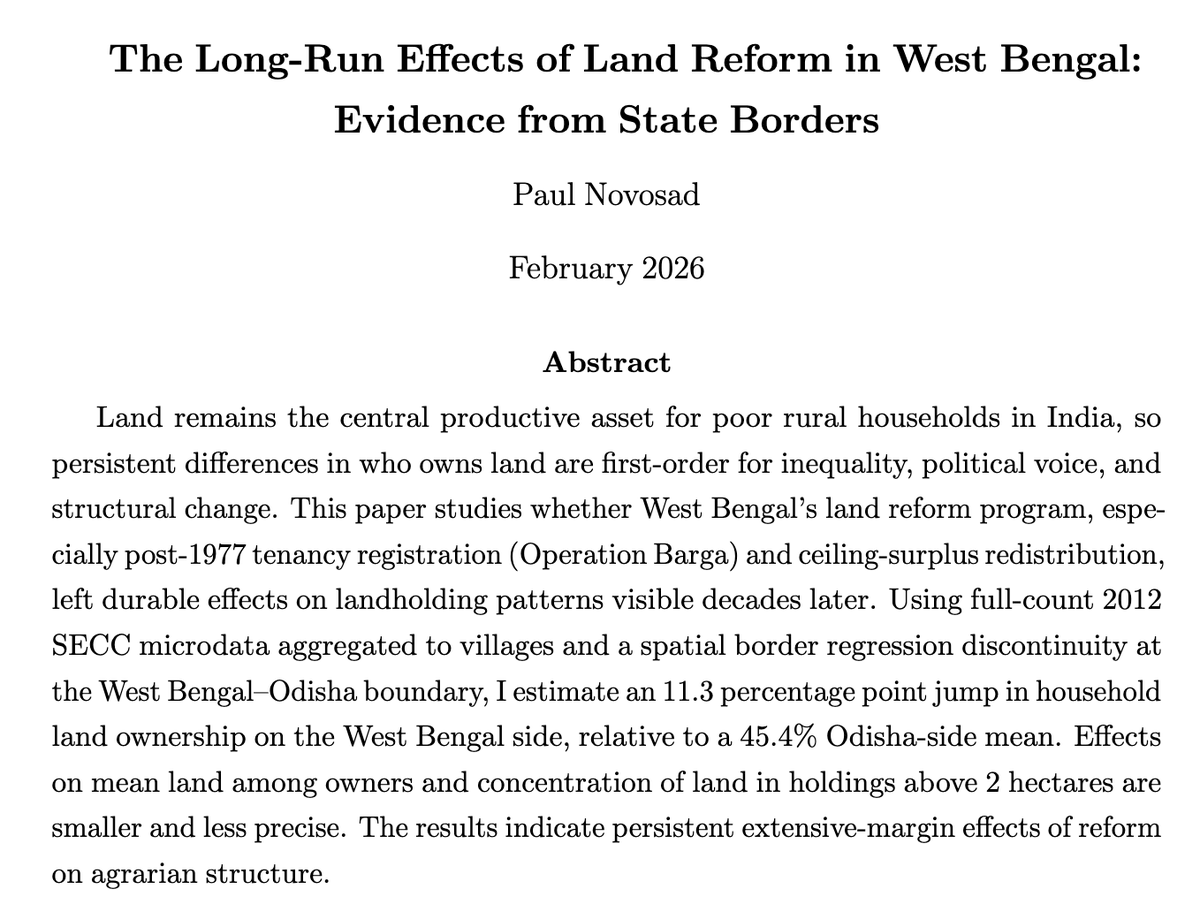

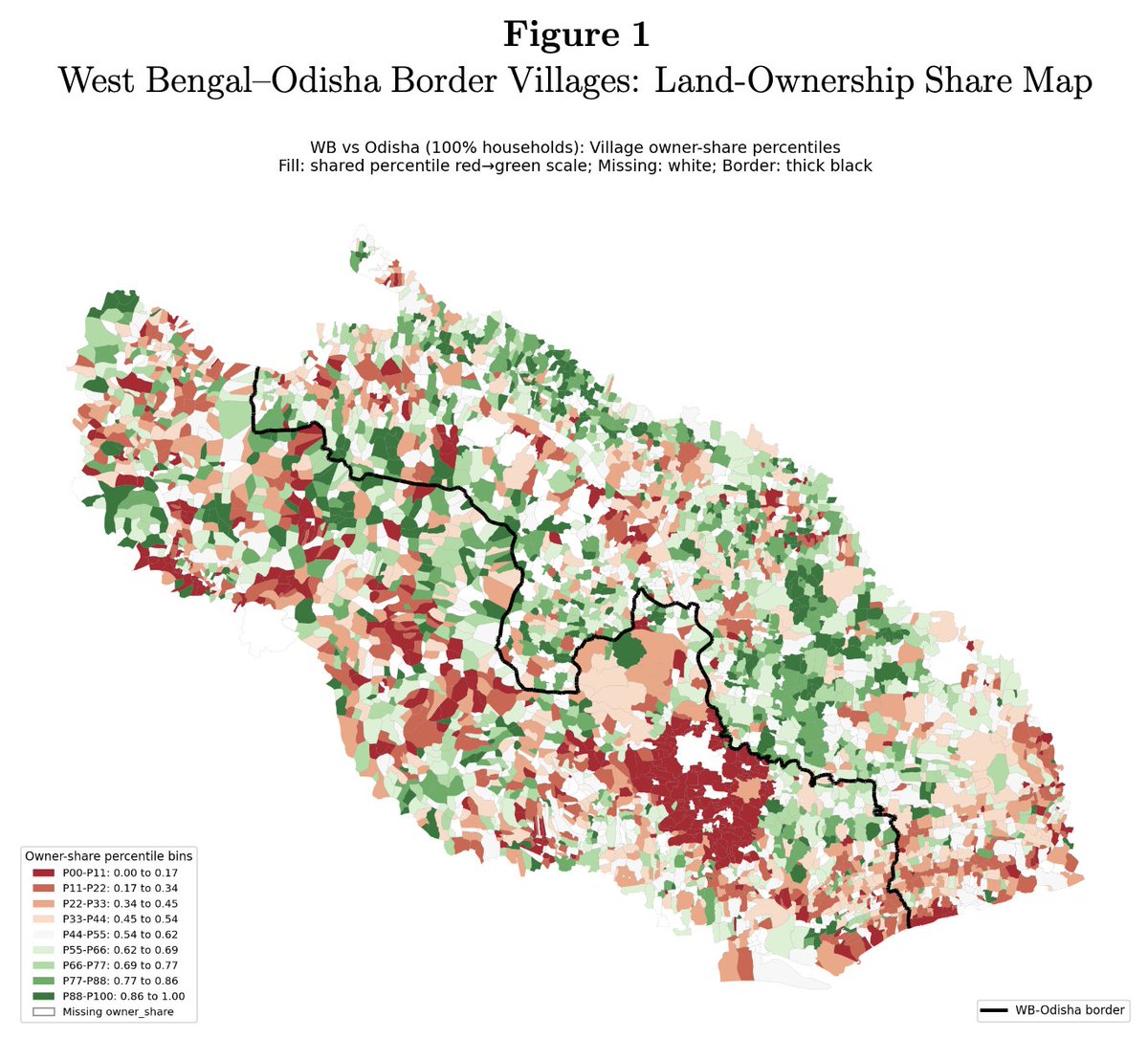
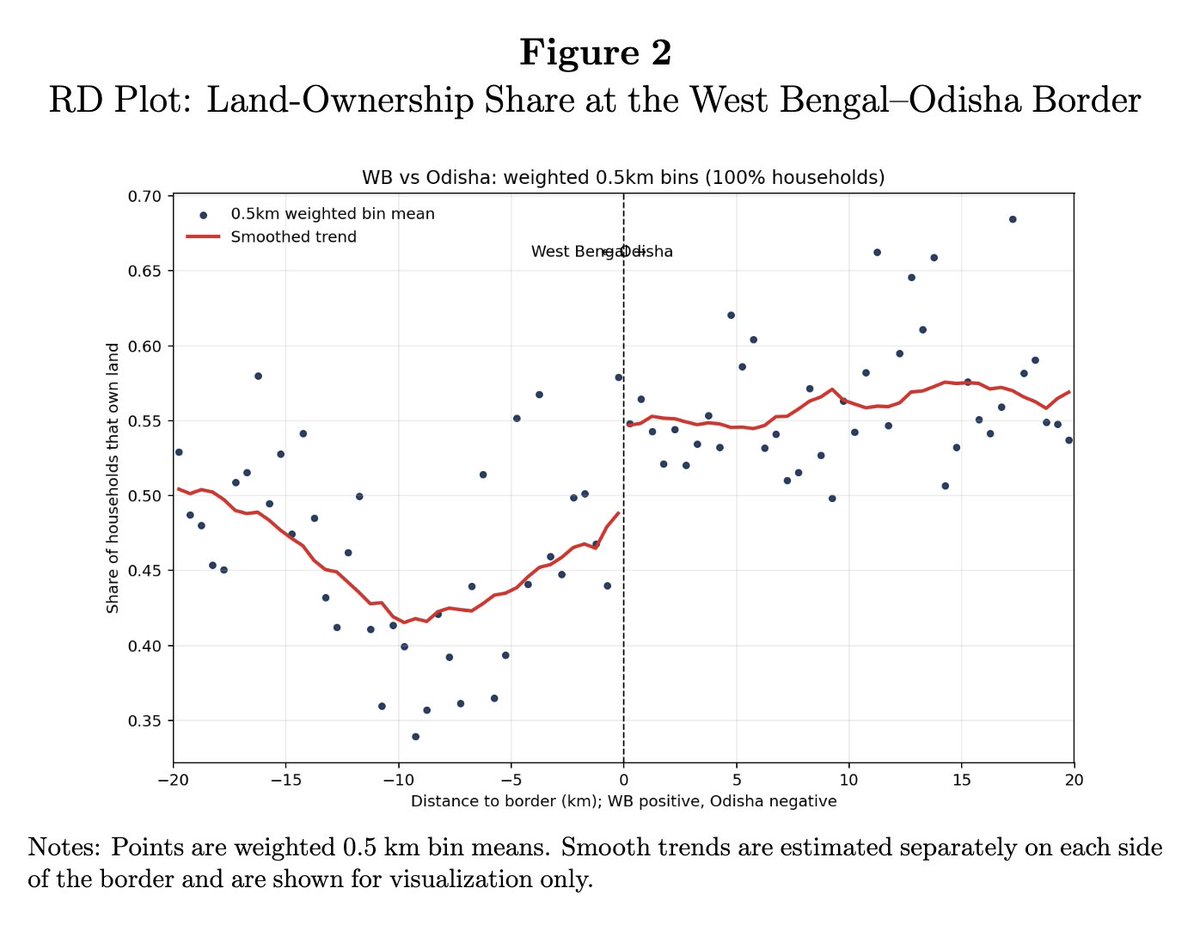 The data are the complete landholding distribution of rural household from the 2012 SECC.
The data are the complete landholding distribution of rural household from the 2012 SECC.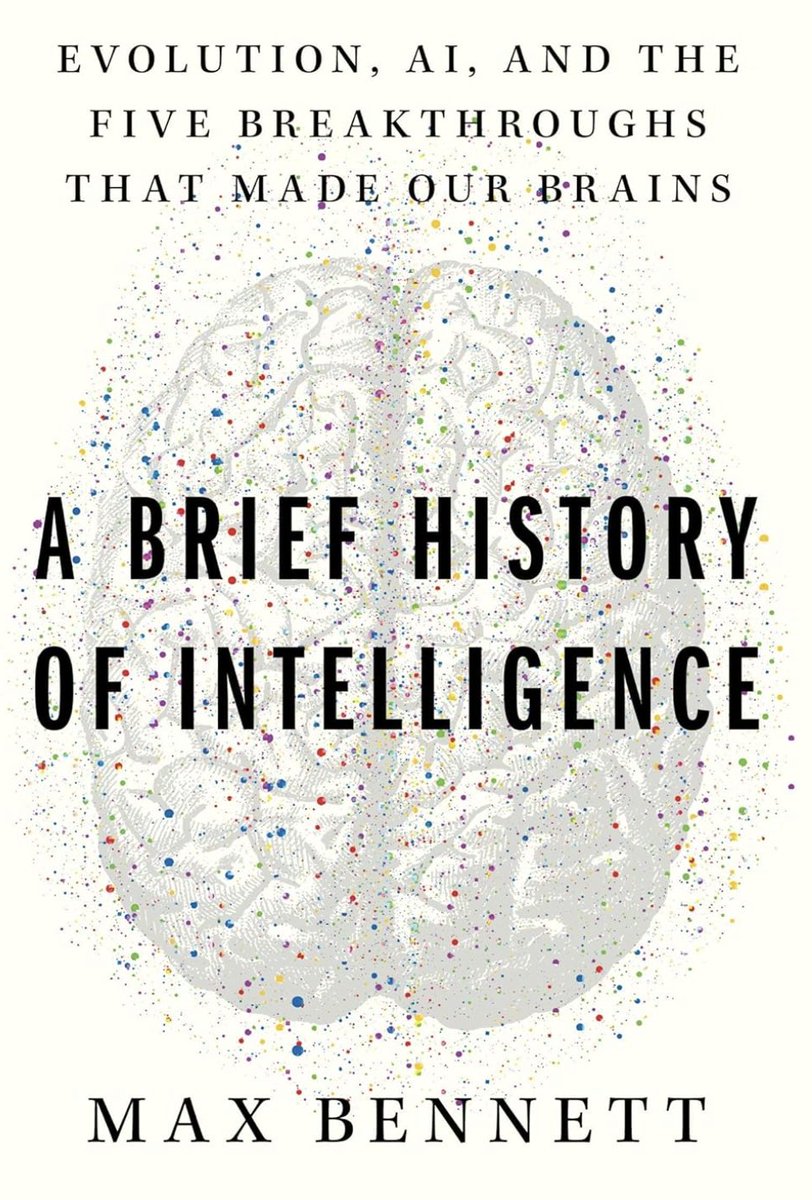
 Fungal spores are all around us, patiently waiting for something to die.
Fungal spores are all around us, patiently waiting for something to die.

 Link: journals.uchicago.edu/doi/epdf/10.10…
Link: journals.uchicago.edu/doi/epdf/10.10…
https://twitter.com/_AlvinChristian/status/1989335685531369876Data is from a single (unnamed I think) state school. Big enough to be representative.

 In April 2023, made it possible for workers to use AI in their cover letters.
In April 2023, made it possible for workers to use AI in their cover letters.
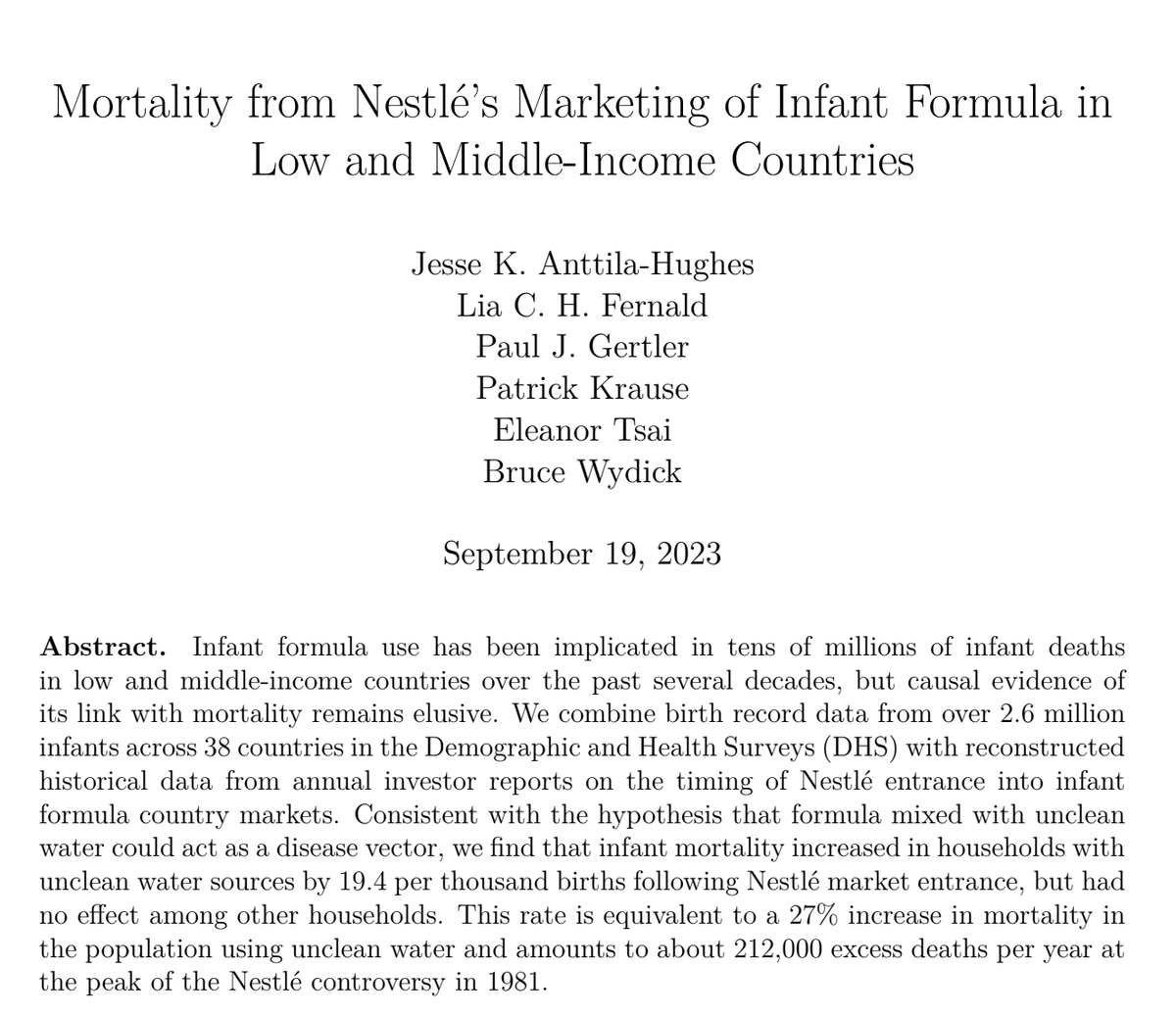
 Amazing — Nestlé saleswomen dressed in nurses uniforms to pitch their product to women in hospitals right after delivery.
Amazing — Nestlé saleswomen dressed in nurses uniforms to pitch their product to women in hospitals right after delivery.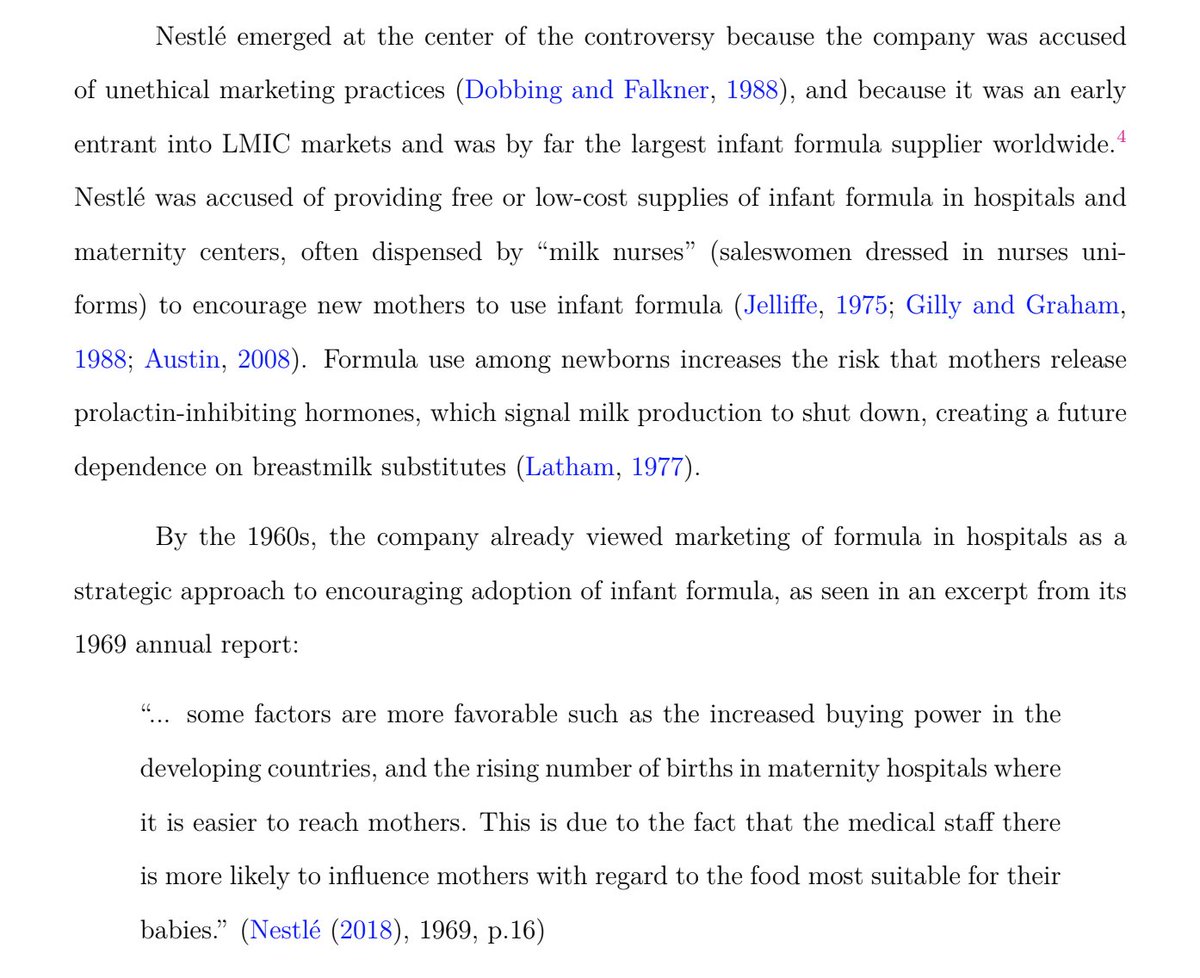

 Here is the Gelman blog post:
Here is the Gelman blog post:


 You don't learn algebra so that you can solve polynomials in your future job.
You don't learn algebra so that you can solve polynomials in your future job.
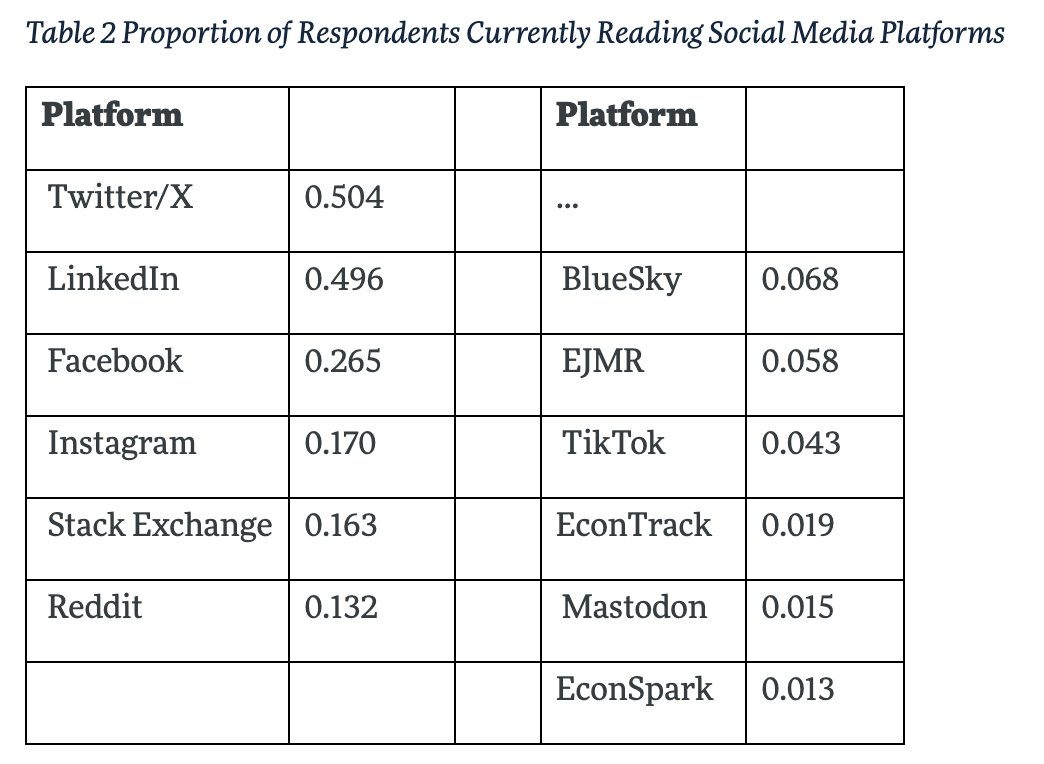
 I'm doing fine, but everyone else is having a bad experience!
I'm doing fine, but everyone else is having a bad experience!

 Link:
Link: 
https://twitter.com/alz_zyd_/status/1874863049037033784Of course if the original work holds up, like Hemingway, then no translation is needed.

 The paper is Ricardo Salas-Diaz and Kevin Young. They collected elite biographies across a few important international domains.
The paper is Ricardo Salas-Diaz and Kevin Young. They collected elite biographies across a few important international domains.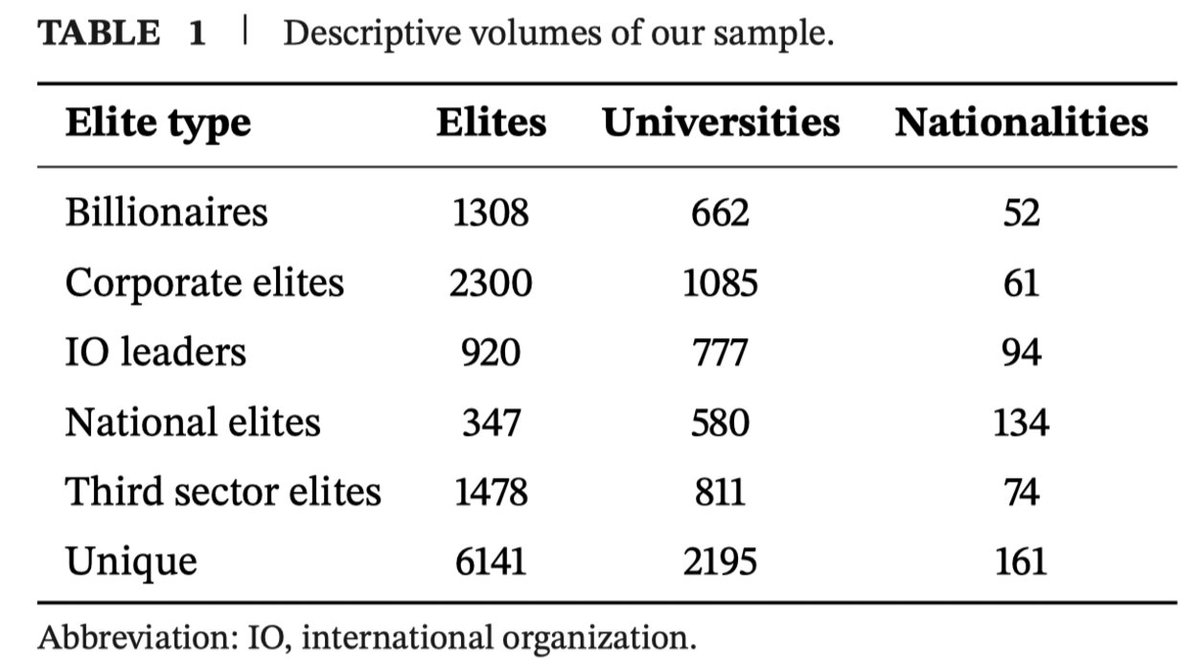

 Einstein was a high-school dropout and failed the entrance exam at ETH in Zurich.
Einstein was a high-school dropout and failed the entrance exam at ETH in Zurich.
 Laura Giuliano is presenting a paper on tracking with David Card — studies Florida's advanced math program, which allows kids in the top 20% to take accelerated math (geometry in 8th grade).
Laura Giuliano is presenting a paper on tracking with David Card — studies Florida's advanced math program, which allows kids in the top 20% to take accelerated math (geometry in 8th grade).
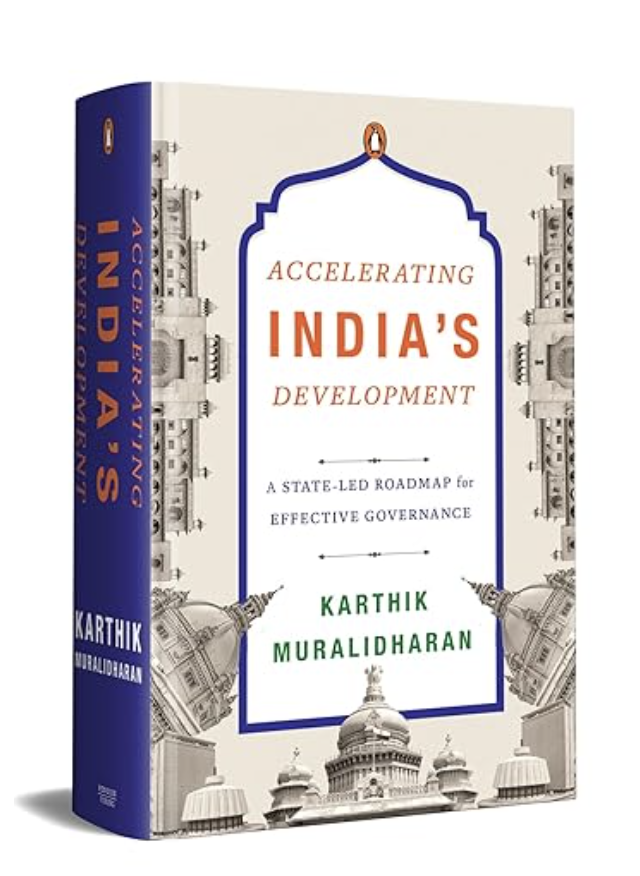
 @karthik_econ "The weak performance of the Indian state is one of the ten greatest challenges facing humanity" — Lant Pritchett 2008
@karthik_econ "The weak performance of the Indian state is one of the ten greatest challenges facing humanity" — Lant Pritchett 2008